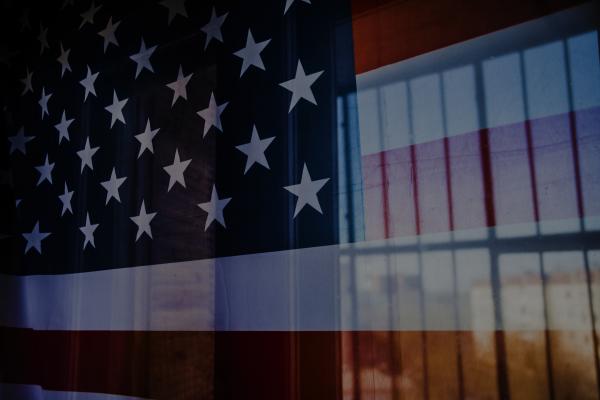On Oct. 27, 1994 — 21 years ago today — the U.S. Department of Justice reported that the United States’ prison population had reached over 1 million people. By comparison, that’s the same size as San Jose, Calif.— the tenth biggest city in the US.
Today, the United States’ prison population is over 1.5 million — the size of Philadelphia, Pa., our nation’s fifth largest city.
Yet the size of our prison population — the largest in the world — is only part of the problem. Communities of color and poorer communities are disproportionally sentenced to prison — the result of systemic injustices including income inequality, school-to-prison pipelines, and racial profiling.
We mark many positive anniversaries here at Sojourners, but the work of justice also necessitates recognizing ongoing abuses of human dignity over time. So today, on the grim anniversary of 1 million people housed in our prison system, we choose to remember them and all those still behind bars. Here are ten articles we’re re-reading today about mass incarceration — and how to end it.
Read the Full Article

